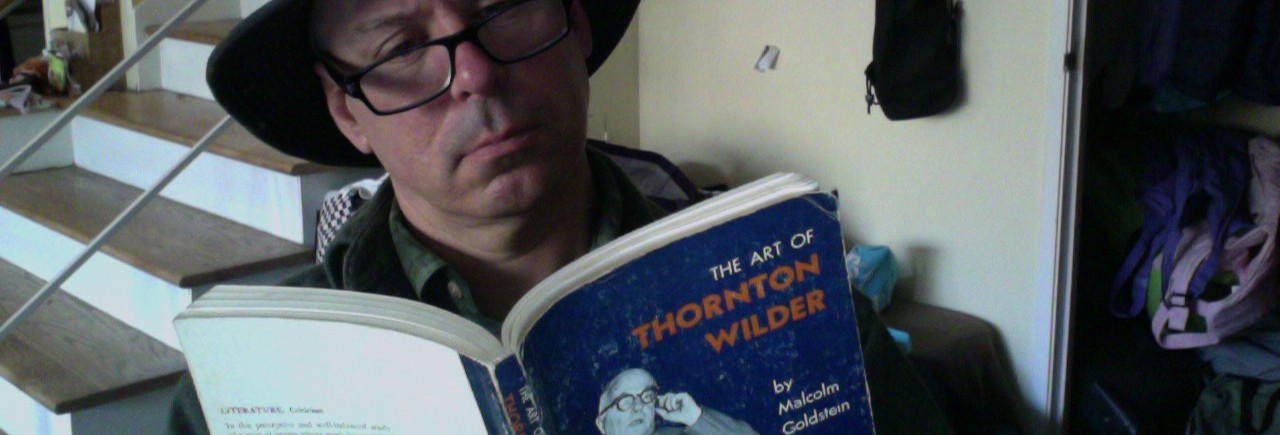The Defendant
Through Jan. 25 at the Yale Cabaret, 217 Park St., New Haven. By Elia Monte-Brown. Directed by Uahya Abdul-Mateeen II. (203) 432-1566, www.yalecabaret.org
The Defendant wants to make a statement that the public school system (which playwright Elia Monte-Brown experienced firthand as a teacher in New York) is broken. “Our public education system is inadequate,” Monte-Brown writes in the show’s program notes. “Public schools in this country are a crime against humanity,” she has one of her characters, a well-intentioned young schoolteacher, say.
The show is packed with similarly stilted theses, proclaimed so that we may get the point. Yet the play itself wanders off into melodramatic vignettes about young students growing up, falling in love, being abused by adults and learning to face consequences (fair and otherwise) of their actions—scenes which are tangential at best to what we’ve been told the play is about.
The Defendants wants to be every high school play and movie at once. It talks about how hard the students will have to study to have a hope of passing Biology, or their Regents exam, but then shows the teacher pouring most of her (and the students’) after-school time into a school show. The show is Antigone, and these are undeniably stirring scenes, but they seem to be a whole other play. As do the scenes which lead up to a horrific encounter involving a sensitive young student who is just starting to find meaning in her life.
As with so many scripts that rely on stereotypes and convenient plot devices, the joy of this one lies in the acting. This is the time of year when first-year Yale School of Drama students are finally allowed to do Yale Cabaret projects, and some of the actors in The Defendant seem to be bursting through the gates, alive with this opportunity. Jonathan Majors, as a hyper student unfairly deemed a “sociopath” by one of his teachers, galvanizes each scene he’s in, and also is the first character to present what becomes a series of stand-alone soliloquoies that help remove a little of The Defendant’s plotbound obviousnessness. Chali La Tour finds balance in a character, Idea, who seems simultaneously underwritten and overwritten: Idea, a survivor of domestic abuse who now finds herself lovestruck and optimistic about her future. Riding from credibly written scenes to ones where motivation is lacking, La Tour’s Idea becomes the central figure of the play, to the detriment of both its otherwise ensemble-based nature and to the higher point it apparently wants to make about the school system. Dwelling too much on one person’s unique situation really undercuts the chance to make the kind of general statements about society at at large which The Defendant so clearly want to make.
Again, though, the acting here can make up for a lot of disappointments in the script. While in some early scenes these high schoolers are played (by actors not that far out of school themselves) as if they were way too young and childish, when the ensemble scenes get cooking it really does have the feel of a high school classroom out of control. The cast, and director Yahya Abdul-Mateen II, carefully modulate the classroom scenes so that some characters are laid back and withdrawn and others command all the attention. It’s a tricky groupthink, neatly done. One actor, Aubie Merrylees, is given four different roles to play (the other actors get one or two), and uses understatement to great advantage. If only Elia Monte-Brown’s script could achieve the same sense of purpose and balance.

